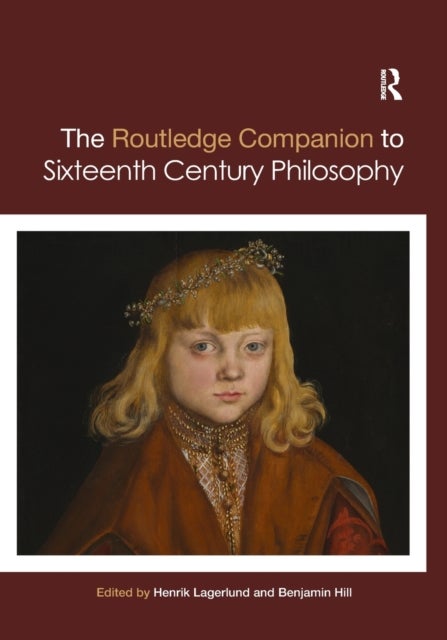
Routledge Companion to Sixteenth Century Philosophy
649,-
<P>Sixteenth century philosophy was a unique synthesis of several philosophical frameworks, a blend of old and new, including but not limited to Scholasticism, Humanism, Neo-Thomism, Aristotelianism, and Stoicism. Unlike most overviews of this period, <I>The Routledge Companion to Sixteenth Century Philosophy</I> does not simplify this colorful era by applying some traditional dichotomies, such as the misleading line once drawn between scholasticism and humanism.</P><P></P><P>Instead, the <I>Companion</I> closely covers an astonishingly diverse set of topics: philosophical methodologies of the time, the importance of the discovery of the new world, the rise of classical scholarship, trends in logic and logical theory, Nominalism, Averroism, the Jesuits, the Reformation, Neo-stoicism, the soul''s immortality, skepticism, the philosophies of language and science and politics, cosmology, the nature of the understanding, causality, ethics, freedom of the will, natural law, the emergence of








